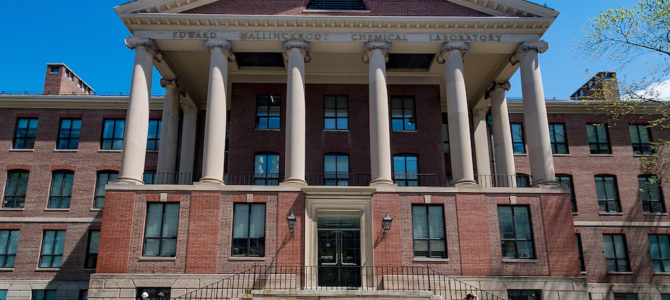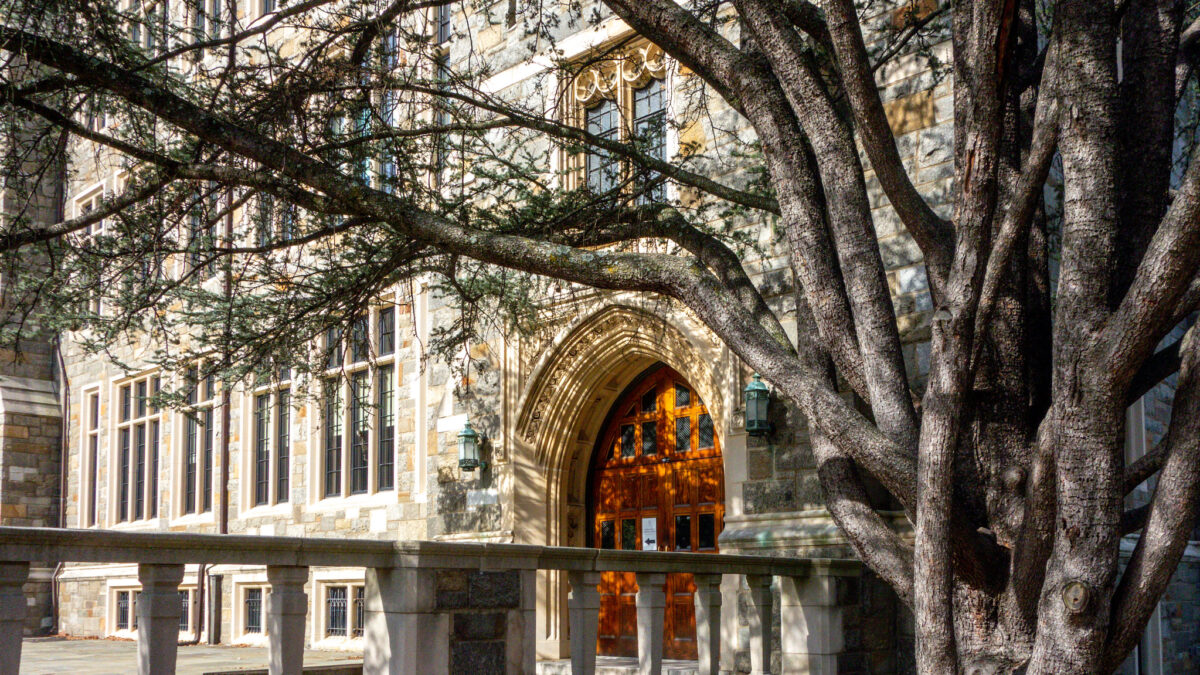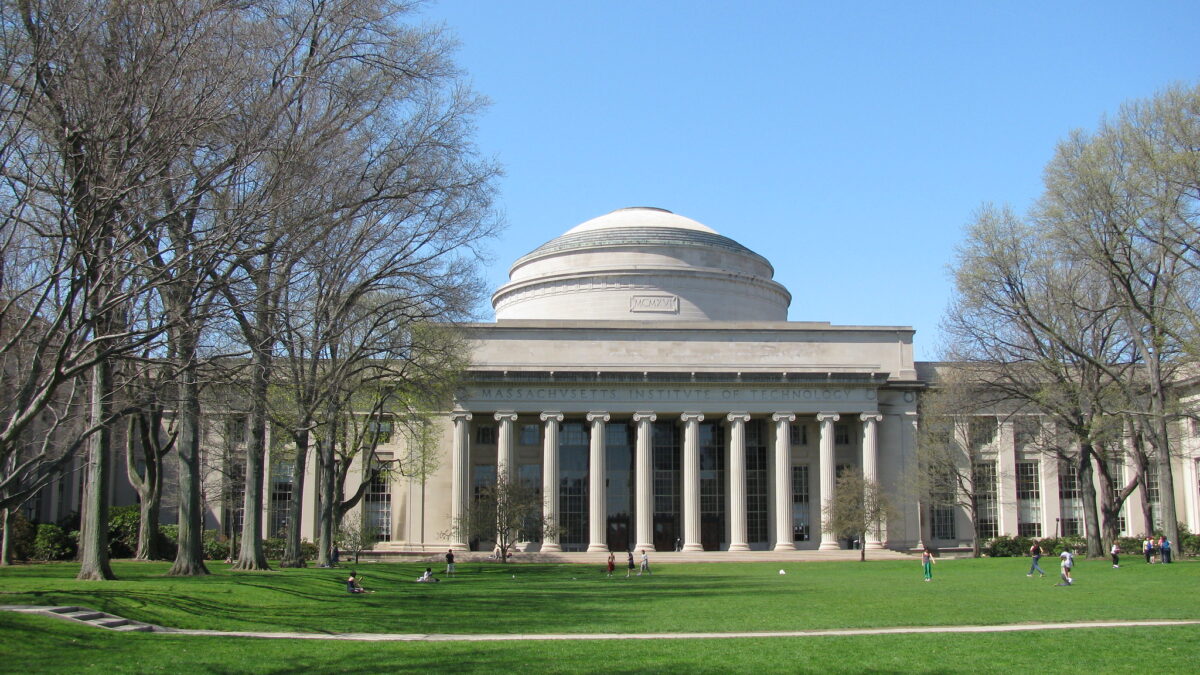Chinese intellectual property and technological thievery are two of the greatest threats against America, and while recent events have highlighted communist China’s offenses, its crimes have actually been going on for decades. The Department of Justice and the FBI expend tremendous resources to investigate and prosecute these nefarious activities — which, like the Wuhan virus, could cripple the U.S. economy, our military, and our way of life without China ever firing a weapon. Yet recent trends show the greatest threat may come from communist China infiltrating a sector of America’s institutions: academia.
A 2019 Open Doors Report on International Educational Exchange found that nearly 370,000 Chinese students are enrolled in America’s colleges and universities, roughly one-third of all foreign students. A significant number are members of the People’s Liberation Army in China. The FBI recently charged four academics, who were doing research in the United States, with visa fraud in connection with a plan to lie about their membership in China’s armed forces.
There are countless examples of university professors and students being charged with espionage, with one of the more notable recent cases being the chair of Harvard University’s Department of Chemistry. Communist China has also established a presence at 75 U.S. college campuses through its Confucius Institutes. According to the National Association of Scholars, the Chinese government funds these institutes, and their teachers are on the Chinese government’s payroll. Our college campuses are overflowing with people who have an opportunity to greatly harm this nation.
Why are there so many Chinese nationals on U.S. campuses? Money. American universities and colleges like enrolling foreign students because universities can collect up to three times more in tuition and fees from them than they can from in-state students. According to SelfScore, which has since been renamed Deserve, “They are effectively subsidizing tuition costs for domestic students and functioning as a bailout for universities.”
In essence, we are selling out our nation, its secrets, and its future to keep the balance sheets out of the red for many institutions of higher learning. Sounds harsh doesn’t it? But facts are facts. We can talk about the wonderful transfer of cultural opportunities, but when faced with the daunting threat of national security, it is time for higher education to choose the U.S., not our adversaries.
That is why I recently introduced the INFLUENCE Act. Existing law requires higher ed institutions to report to the Department of Education any gift or contract from a foreign source valued at $250,000 or more. With the escalation of Chinese spying, however, this figure has become too high a threshold. My bill lowers the reporting requirement from $250,000 to $50,000 so Americans can get a better idea of how foreign countries are exercising influence and establishing a presence on American campuses. It also requires schools to report to the Department of Education about the nature of any contracts with foreign nationals on sensitive projects.
The bill establishes interagency coordination on the enforcement of any violations exposing U.S. national security projects, and the secretary of education will report on best practices moving forward regarding these types of breaches and how best to protect information. Enforcement mechanisms include civil action, revoking Title IV funding, and fines.
Chinese students are infiltrating the research of our universities, and we need to pay closer attention and consider the implications. The INFLUENCE Act will help us to do just that.
Correction: This article has been updated to correct SelfScore’s quote attribution, which was originally misattributed to Tanza Loudenback.









